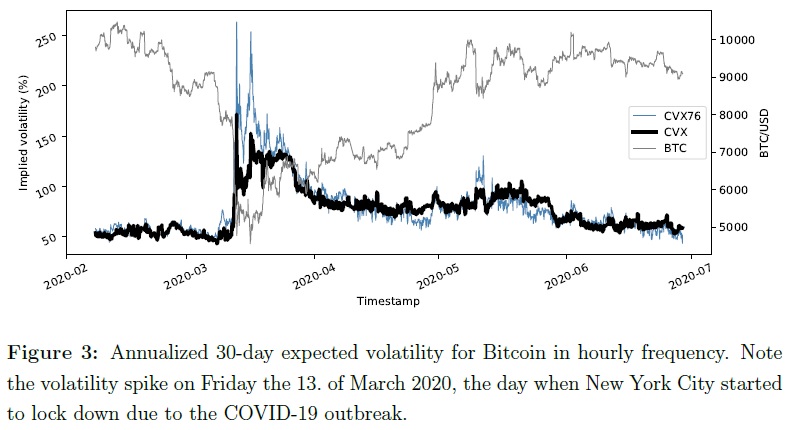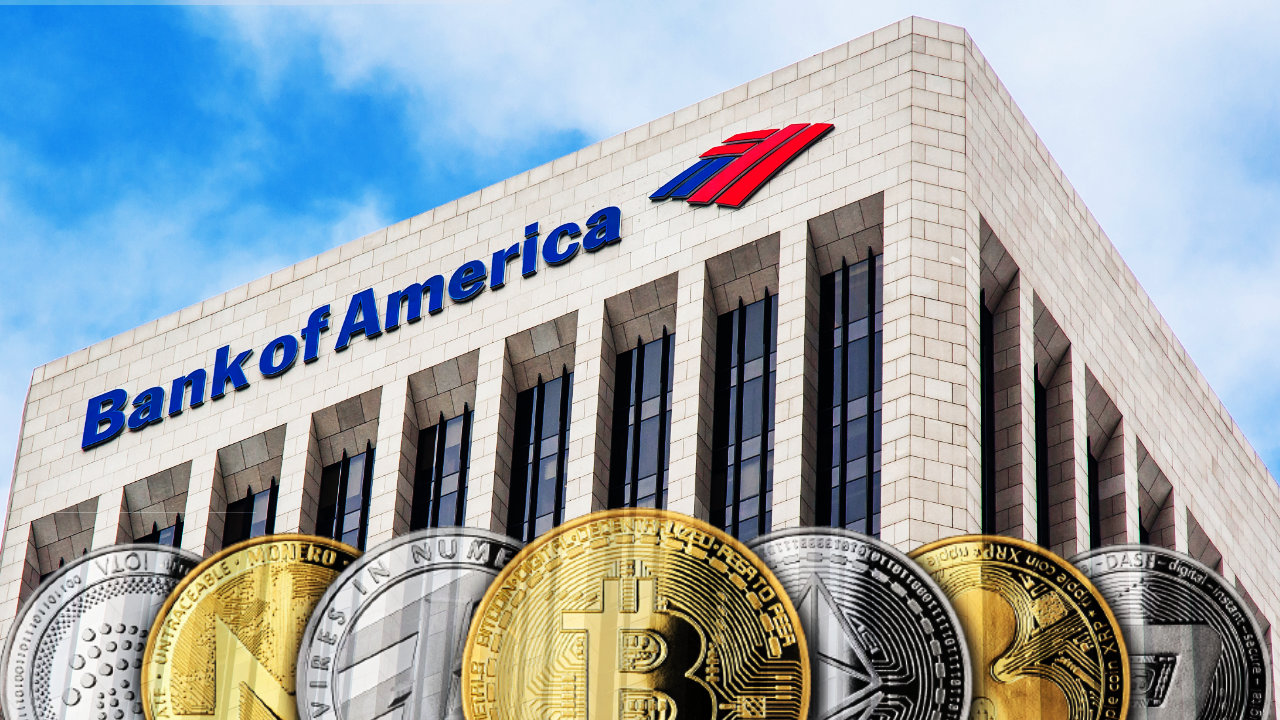
The Future of Bitcoin and the Wall Street Conundrum
By Riley Emerson
 The evolving relationship between Bitcoin and Wall Street
The evolving relationship between Bitcoin and Wall Street
As the cryptocurrency landscape continues to evolve, the spotlight has increasingly turned towards the integration of Bitcoin into traditional financial systems. The recent buzz around spot Bitcoin exchange-traded funds (ETFs) and their predecessors, Bitcoin futures ETFs, has sparked a conversation about the future of investing in digital currencies. However, beneath the surface of these developments lies a deeper narrative about the shifting dynamics between decentralized finance (DeFi) and Wall Street.
A recent research report revealed that nearly one-third of Americans have used DeFi platforms, with similar adoption rates in China and India. This surge in DeFi usage underscores a growing disillusionment with traditional financial systems and highlights the potential for a more inclusive financial future. Yet, the introduction of spot Bitcoin ETFs seems to serve as a double-edged sword, offering a semblance of progress while potentially complicating direct ownership of Bitcoin for the average investor.
A Cynical Money Grab?
The debate around the necessity of spot Bitcoin ETFs is not new. Critics argue that such financial products contradict the original ethos of Bitcoin, as outlined by Satoshi Nakamoto. The essence of Bitcoin was to provide a decentralized alternative to traditional banking systems, free from the control of any central authority. However, the push for Bitcoin ETFs by large financial institutions suggests a fear of losing grip on the financial market to digital currencies.
 Decentralized Finance (DeFi) vs. Traditional Banking
Decentralized Finance (DeFi) vs. Traditional Banking
JPMorgan CEO Jamie Dimon’s recent comments on Bitcoin, where he defended the right to invest in it despite its perceived risks, reflect a broader recognition of cryptocurrency’s potential. This acknowledgment by Wall Street giants signifies a turning point in the acceptance of digital currencies but also raises questions about the motives behind their embrace of Bitcoin ETFs.
The Inevitable Transition
The financial industry’s attempt to delay the inevitable shift towards more open and decentralized financial systems is evident. By introducing intermediary products like Bitcoin ETFs, financial firms aim to maintain control over the investment process and extract fees from investors. However, the growing demand for direct ownership and control over digital assets, facilitated by advancements in crypto technology, challenges this traditional model.
The rise of asset managers buying up Bitcoin and reducing its on-exchange supply signals a significant shift in the investment landscape. The focus is now on Ethereum and other digital assets, indicating that the journey towards a decentralized financial ecosystem is well underway.
Looking Ahead
As we stand at the crossroads of a major financial revolution, it’s clear that the future belongs to those who embrace the principles of decentralization and direct ownership. The legacy of traditional financial institutions and their attempts to adapt to this new reality will shape the future of finance. For investors and enthusiasts alike, the path forward is paved with opportunities to redefine the essence of value exchange in the digital age.
In conclusion, while Wall Street’s foray into Bitcoin ETFs marks a significant milestone, it also serves as a reminder of the ongoing battle for financial sovereignty. As the lines between traditional and digital finance continue to blur, the ultimate victor will be the one that offers transparency, inclusivity, and freedom from centralized control.














